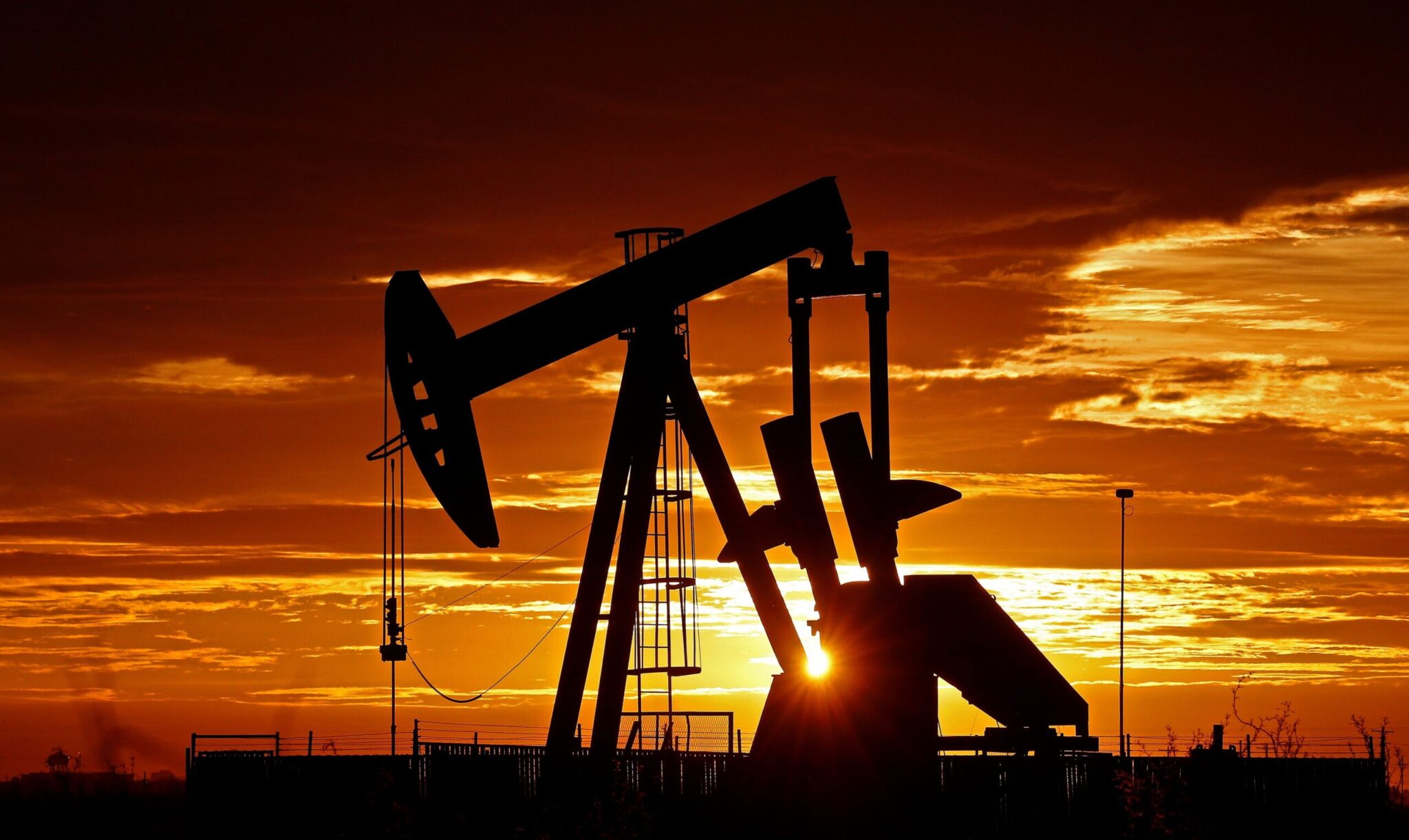Canada & El Salvador Upset About Possible Energy Deal Between Venezuela & US

Oil rig in a sunset. File photo.

Orinoco Tribune – News and opinion pieces about Venezuela and beyond
From Venezuela and made by Venezuelan Chavistas

Oil rig in a sunset. File photo.
The governments of Canada and El Salvador expressed their discomfort with a high-level delegation from the US meeting with the Constitutional President of the Bolivarian Republic of Venezuela, Nicolás Maduro, to discuss energy issues.
Nayib Bukele, controversial president of El Salvador, expressed his annoyance with the United States government, due to its constant change of positions, through a post on his Twitter account. Many of Bukele’s advisors are right-wing Venezuelans, and that has created friction within his own cabinet.
The authoritarian right-wing populist Bukele has occasionally found himself at odds with Washington. During the recent United Nations (UN) vote, held on March 2, censuring Russia’s military operation into Ukraine, El Salvador was one of the few Latin American countries that abstained, along with Cuba, Bolivia and Nicaragua. Venezuela was not able to vote because of the problems paying its dues, a result of the US blockade.
The US government decides who is bad and who is good, and also when bad turns good and good turns bad,” wrote Bukele on his official Twitter account. “Worst of all, is that billions of people continue to buy this talk, and take it as truth.”
RELATED CONTENT: By Trying to Sanction the Whole World, Washington Backs Itself into a Corner
El Gobierno de Estados Unidos decide quién es el malo y quién es el bueno y también cuándo el malo se vuelve bueno y el bueno se vuelve malo.
Lo peor de todo, es que miles de millones de personas siguen comprando ese discurso y tomándolo como verdad. https://t.co/M6hGdam3J3
— Nayib Bukele (@nayibbukele) March 8, 2022
The Canadian government hoped that Alberta, Canada’s main oil-producing region, would help alleviate the global oil supply crisis, according to Alberta Energy Minister Sonya Savage.
“We are the solution, not Venezuela and others,” Savage told Reuters news agency.
The comments came on the heel of numerous media reports about the advances made to Venezuela by the US, and similar reports of US entreaties to Iran United Arab Emirates (UAE) and Saudi Arabia. In the case of Saudi Arabia and UAE, on Wednesday the Wall Street Journal reported that the “Persian Gulf monarchies have signaled they won’t help ease surging oil prices unless Washington supports them in Yemen” in a more decisive way.
In the meantime, gas prices in the US are reaching alarming levels for US citizens, leading to increased dissatisfaction with Joe Biden’s presidency. Across Europe, similar processes are unfolding.
Added to this, US media and the Biden administration have gone to great lengths to smear the anti-imperialist revolutions underway in Iran and Venezuela. During his electoral campaign, Biden also made promises that he would distance the US from its traditional ally and Middle Eastern vassal, the notorious human rights violator Saudi Arabia, following the widely publicized dismemberment of US-based journalist Jamal Khashoggi in 2018.
Does Canada propose more sanctions on Russia?
During the interview, Alberta Energy Minister Savage also said it was “inconceivable” that any nation would buy Russian crude oil or refined products amid the conflict with Ukraine, repeating the same narrative launched by the White House and the European Union which attempts to present Russia as the aggressor in the Ukrainian conflict, and aggressively demonizes anything related to Russia.
RELATED CONTENT: ‘Sorrow and disappointment’ in Colombia due to Caracas-Washington Rapprochement
Savage also expressed her belief that the United States should ban imports of Russian crude oil and refined products, which Washington did this Wednesday, March 9.
Following the onset of conflicts and political instability between Russia and Ukraine, many oil buyers are avoiding Russian oil shipments. The country led by President Vladimir Putin is one of the world’s largest oil exporters. Russia exports four to five million barrels of oil per day, and two to three million barrels per day of refined petroleum products.
Days earlier, Canada banned imports of Russian crude oil and agreed to supply anti-tank weapons to Ukraine, thus contributing to a possible scenario of a wider European war.
US high-ranking delegation in Venezuela
Within the framework of a dialogue between nations, President Nicolás Maduro confirmed this Monday that he received a delegation from the US administration last weekend at the Miraflores Palace.
“Conversations, coordination, and a positive agenda will continue to advance between the government of the United States and the government of the Bolivarian Republic of Venezuela,” stated the Venezuelan president. Millions of Venezuelans have been negatively affected by the neurotic US policy of sanctioning everything, a strategy that apparently has led Washington to paint itself into a corner.
Featured image: Oil rig in the sunset. File photo.
(RedRadioVE) by Patricia Ferrer, with Orinoco Tribune content
Translation: Orinoco Tribune
OT/JRE/SL